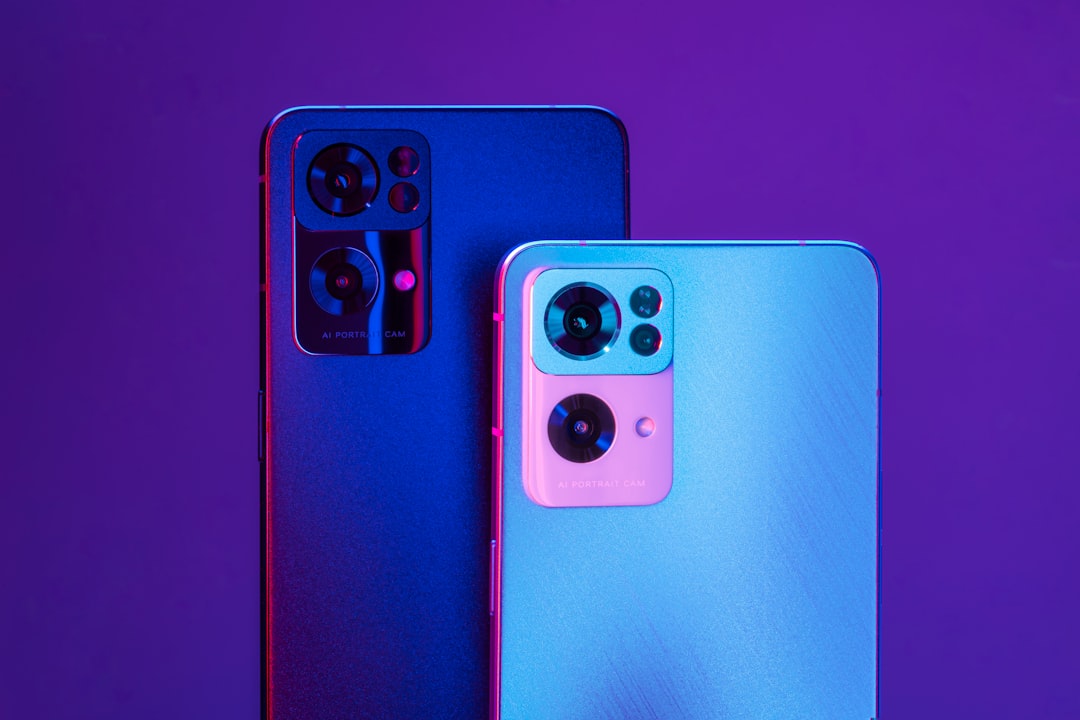Unwanted call attorneys in Houston play a pivotal role in guiding businesses leveraging advanced call technologies to navigate stringent privacy laws, ensuring compliance and building trust with clients. By employing these experts, organizations can manage consent processes, improve campaign results, maintain positive relationships, and respect individual privacy rights while utilizing tools like robocall services and data protection measures for efficient client communication. Balancing effective outreach with privacy protection through do-not-call lists, caller ID, and predictive analytics strengthens client trust and optimizes resource allocation in the digital era.
In Houston, as across the nation, unwanted calls from legal practices are a growing concern. Balancing privacy and effectiveness is crucial for law firms employing call technologies, especially in light of stringent local laws governing telemarketing and consumer protection. This article explores these dynamics, focusing on the role of call technologies in legal practices and offering strategies to maintain compliance while maximizing communication efficiency for Unwanted Call Attorneys Houston.
Understanding Unwanted Call Laws in Houston

In Houston, understanding and adhering to unwanted call laws is paramount for businesses employing call technologies. The city has stringent regulations in place to protect residents from nuisance calls, ensuring a balance between effective marketing efforts and individual privacy rights. These rules are designed to prevent companies from making unsolicited telephone calls, often known as “unwanted calls,” to consumers who have not given explicit consent.
Unwanted call attorneys Houston play a crucial role in helping businesses navigate these laws. They guide companies on how to obtain proper consent, ensuring compliance avoids legal repercussions. By employing the expertise of these attorneys, organizations can enhance their call campaigns’ effectiveness while respecting consumer privacy, fostering trust, and maintaining positive relationships with customers.
The Role of Call Technologies in Legal Practices

In today’s digital age, call technologies play a pivotal role in legal practices, especially for unwanted call attorneys in Houston. These advanced tools enable law firms to enhance client communication and manage their caseload efficiently. By implementing automated systems, such as robocall services, lawyers can ensure that important messages reach clients promptly, reducing the risk of missed appointments or deadlines. This technology is particularly beneficial when dealing with time-sensitive matters or when a large volume of calls needs to be made.
Moreover, call technologies offer legal professionals a way to respect client privacy while maintaining effectiveness. With proper data management and security measures in place, attorneys can automate processes like consent verification and call recording, ensuring compliance with privacy laws. This balance is crucial, especially in handling cases related to unwanted calls, where maintaining client confidentiality and adherence to legal standards are paramount.
Strategies to Achieve a Balance Between Privacy and Effectiveness

In the pursuit of effective outreach, especially in the case of unwanted call attorneys in Houston, balancing privacy and effectiveness is a delicate act. One key strategy involves implementing robust do-not-call lists and respecting individual opt-out requests. This not only ensures privacy but also fosters trust with potential clients who value their autonomy over communication preferences.
Additionally, leveraging advanced technology for caller identification and predictive analytics can significantly enhance effectiveness without invading privacy. By analyzing call data and identifying trends, organizations can tailor their outreach strategies, ensuring that efforts are directed towards receptive audiences while minimizing the risk of unwanted calls. These approaches not only uphold privacy rights but also optimize resource allocation, making call technologies more efficient and respectful of individual boundaries.






